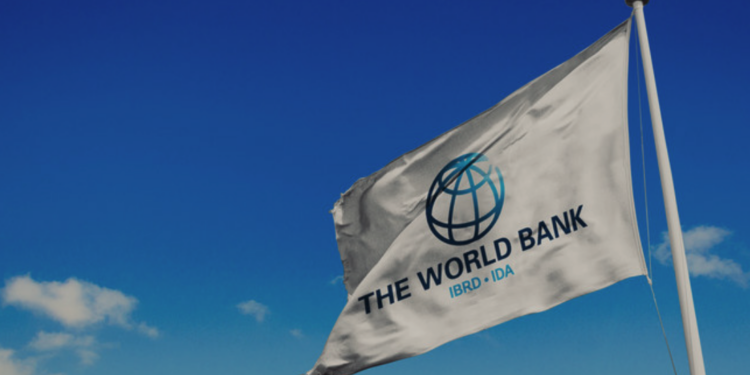World Bank Allocates $90 Billion Electricity Fund for Nigeria, Other African Nations


Nigeria and some other African countries are set to be beneficiaries of $90 billion in electricity funds backed by the World Bank and the African Development Bank.
The fund is part of the global financial institution’s plan to provide electricity to the 300 million African population by 2023, a Bloomberg report revealed.
On Friday, leading climate organisations including the Rockefeller Foundation, Global Alliance for People and Planet, and Sustainable Energy For All announced the launch of a new technical assistance facility.
This initiative, part of the Mission 300 program, aims to assess and support projects, helping them secure funding if they meet the program’s criteria.
Nigeria, an integral part of Mission 300, will also be a major beneficiary of the project through the Nigeria Distributed Access through Renewable Energy Scale-up (DARES project).
According to the World Bank, the project will benefit over 17.5 million Nigerians, or 20% of the country’s currently unserved population, while replacing over 250,000 polluting and expensive diesel generators.
Accordingly, the Rockefeller Foundation, in partnership with the Bezos Earth Fund and the Ikea Foundation, founded the Global Energy Alliance for People and Planet (GEAPP) in 2021.
Together, they are providing an initial $10 million through the World Bank to support 15 clean energy projects across 11 African countries, including Burkina Faso and Mozambique.
This initiative aims to advance clean-energy solutions, with a focus on technologies like mini-grids, according to a joint statement from the organisations.
“We’ve seen, frankly, stagnation in getting electricity to more Africans over the last 15 years. This is for us the defining climate and development challenge for the continent over the next 20 years,” Ashvin Dayal, who heads the Rockefeller Foundation’s power and climate program, told Bloomberg TV.
On their part, GEAPP said the fund aims to create a massive fund-raising and advocacy effort to elevate action and mobilize the resources required to help raise some of the funds.
“We need to make sure that we create bankable projects that deliver impact and commercially sound returns.
“We will launch a massive fund-raising and advocacy effort to elevate action and mobilise the resources required,” Woochong Um, GEAPP’s chief executive officer, said.
The aim is to split the $90 billion needed in funding equally between public funds, concessional and philanthropic finance, and commercial commitments.
Possible sources include the International Monetary Fund’s Resilience and Sustainability Trust and re-channeled special drawing rights, which are reserve assets issued by the IMF to its members.
Under the program, countries will be encouraged to boost their access to funding by committing to reforms that encourage the rollout of green energy.






